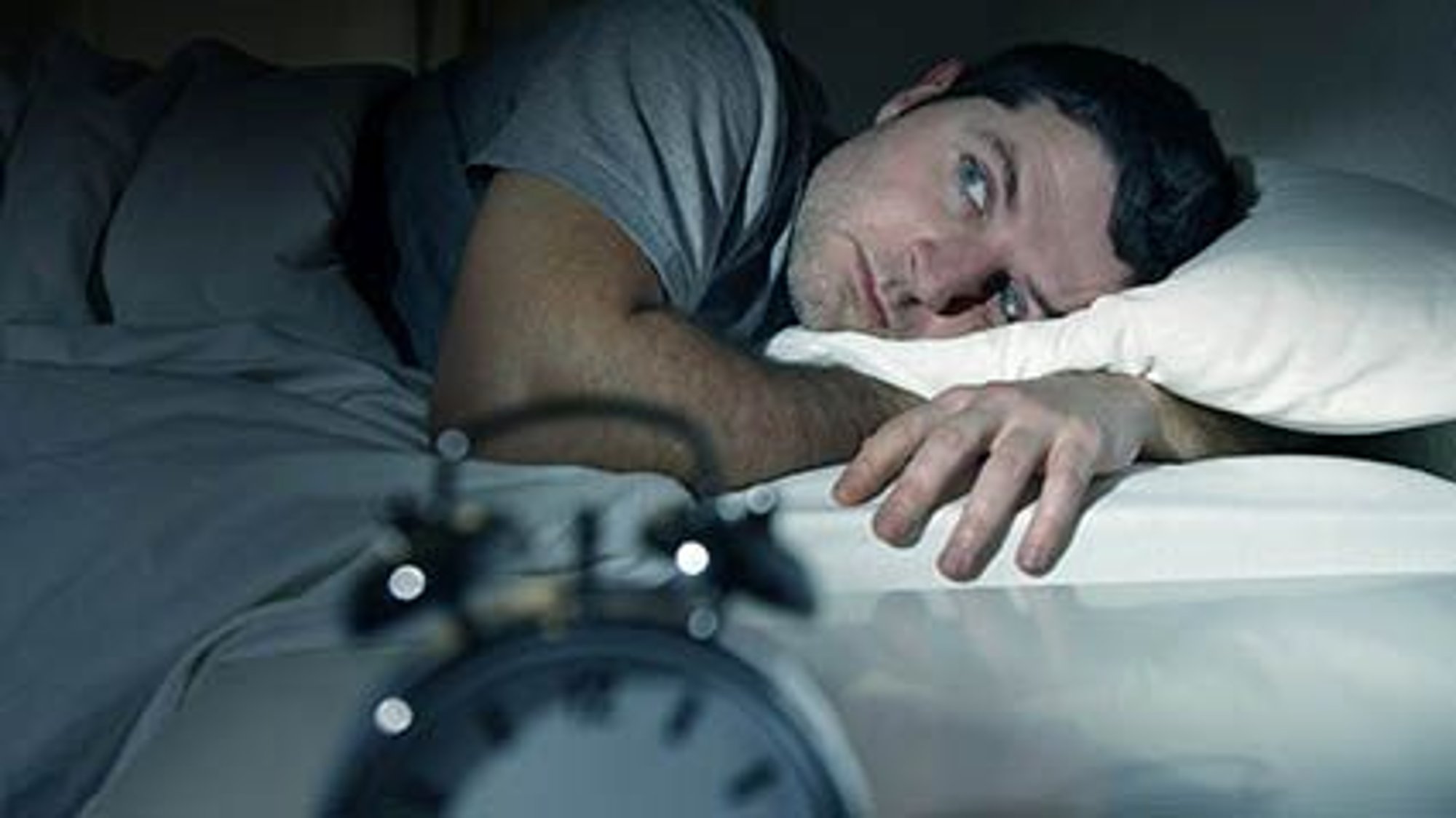Work Worries Keep Lots of Americans Awake Sunday Nights

MONDAY, Aug. 1, 2022 (HealthDay News) -- Don’t be afraid of Sunday night.
Good sleep habits can ward off the so-called “Sunday scaries” — the worry about returning to work on Monday morning that keeps many folks tossing and turning on Sunday night.
A recent American Academy of Sleep Medicine (AASM) survey found that 32% of respondents in Generation Z (born after 1997) and 34% of millennials (born between 1981 and 1996) always, almost always or often have a harder time falling asleep on Sunday night compared to other nights.
“Work-related anxiety and stress can lead to insufficient sleep, which may result in harmful health consequences,” said sleep medicine specialist Dr. John Saito, member of the AASM's public awareness advisory committee.
But the phenomenon isn't restricted to younger generations, according to AASM.
Close to three-quarters of respondents reported losing sleep because of worries about work. About 64% said they use sleep aids, including 27% who use melatonin, and 20% who use marijuana or cannabidiol (CBD).
But the healthiest way to make sure you get enough shuteye is to practice good sleep habits, Saito said. Most adults need at least seven hours of sleep each night.
"Proactively managing work-related stressors can help you achieve healthier sleep and a more successful workday," he said in an academy news release.
For better Sunday sleep, the AASM offers these tips:
- Prepare for the week ahead by completing tasks throughout the weekend. That way you’re not overwhelmed by all you have to do on Monday morning.
- Don't wait until Sunday to clean, grocery shop or do laundry, but spread out the tasks throughout the week.
- Unwind before getting into bed by reading a book, journaling or taking a bath.
- Stop using electronic devices at least 30 minutes before sleep time.
More information
The Cleveland Clinic has 10 tips for fending off the Sunday scaries.
SOURCE: American Academy of Sleep Medicine, news release, July 25, 2022
Was this page helpful?
Related Posts
Los servicios de transporte compartido quizá estén reduciendo las muertes por conductores borrachos
LUNES, 22 de noviembre de 2021 (HealthDay News) -- Si está borracho, no...
Prevalence of Hearing Loss in Seniors Increases With Age
MONDAY, July 31, 2023 (HealthDay News) -- Older adults have a high prevalence of...
Concussion Linked to Mental Health Issues Among Children Aged 5 to 18 Years
WEDNESDAY, March 9, 2022 (HealthDay News) -- For children aged 5 to 18 years,...
1 Dirty Pool, Many Cases of E. Coli: Summer’s Swimming Danger
MONDAY, May 23, 2022 (HealthDay News) -- As the weather warms and families flock...
